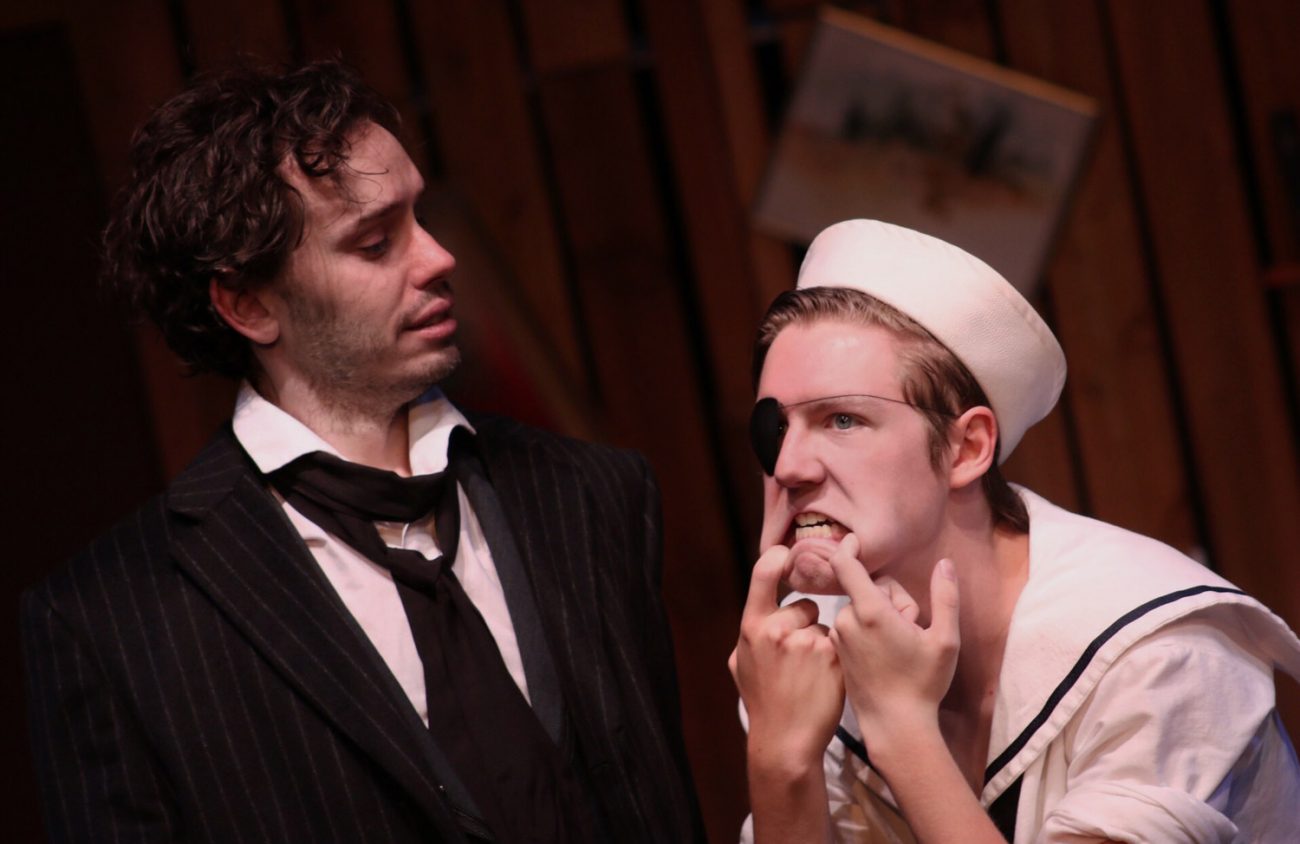Although roughly the contemporary of those two titans of 19th-century epic Russian literature, Tolstoy and Dostoyevsky, Anton Chekhov was great in the minutest of scales, the minorest of keys.
On the surface, his melancholy plays are pastorals turned inside out as he flays open domestic intimacy to reveal the grotesque narcissism and exotic sadness that isolate us from each other. In this sense, he was Lynchian before David Lynch breathed a breath — Lynch minus the multi-dimensional fuck-all, with a bowl of borscht.
Chekhov’s tenderly sad stories are modern-day fables, masterpieces of compression. No backstory clutters the scenes into which he drops us mid-action and through which he leads us with the subtle beckoning of a detached irony that is nearly unimpeachable. Unlike, say, O. Henry, Chekhov’s short stories end not with a bang but a whimper, and they leave an aftertaste that is profoundly bittersweet.
It seems at once odd and, then again, perhaps not so odd that American playwright Neil Simon, a semi-serious comic playwright by reputation, would turn a handful of Chekhov’s droll, lugubrious stories into a fairly unified work. The Good Doctor, currently playing at Cottage Theatre under the capable direction of Kory Weimer, has the feel of a Simon play (sort of a rambling, Borscht Belt serio-comedy, maybe The Odd Couple meets Brighton Beach Memoirs) with an undercurrent that is distinctly Chekhovian in its sounding of mortal and moral absurdity.
It all works surprisingly well, despite the hackneyed conceit of a writer directly addressing the audience as he — oh, hey, by the way! — relates story after story from his lonesome study. Along with directing, Weimer takes the role of the Chekhov stand-in, and his charm and comic chops win the day. He draws the audience in and, all insecure smiles and apologetic interruptions, covers it with the warm if prickly blanket of Chekhov’s quaintly nettlesome and infectiously low-beat human dramas.
Those familiar with Chekhov already know the nature and thrust of these stories. Two old veterans meet every day on a park bench to debate everything under the sun, including the perfect lunch; a lowly clerk attending a social function accidentally sneezes on his superior, with tragic results; two lonely people in the autumn of life fail to connect despite their mutual desire; an expert seducer gets his comeuppance after a long-term wooing; and so on.
Weimer’s strong, economical direction sews the play tight, the action is zippy and smooth, and his cast of veterans is superb, with each actor — Sophie Blades, Tracy Nygard, Kathryn Pearson, Randall Brous, Tony Rust and Glenn Rust — tackling several roles. (I only wish Simon had included Chekhov’s best story, “Lady with the Lapdog,” but alas …)
What with the perpetual anxieties and violent perplexities besetting us these days, and on such a global scale, it was actually nice to take momentary refuge in Cottage Theatre’s production of The Good Doctor, a play that treats the infirmities of the human condition lovingly but frankly, in miniature, as it were. At bottom, that condition never changes: full of vulnerabilities, fallible in its surplus of pride, arrogance and ignorance, and capable at any moment of going sideways.
The difference between Chekhov’s time and ours is that, these days, one surprise sneeze — a single moment of spontaneous impropriety — could take us all out.
The Good Doctor continues through Aug. 27 at Cottage Theatre in Cottage Grove; $15-$25, tickets at cottagetheatre.org or 541-942-8001.
